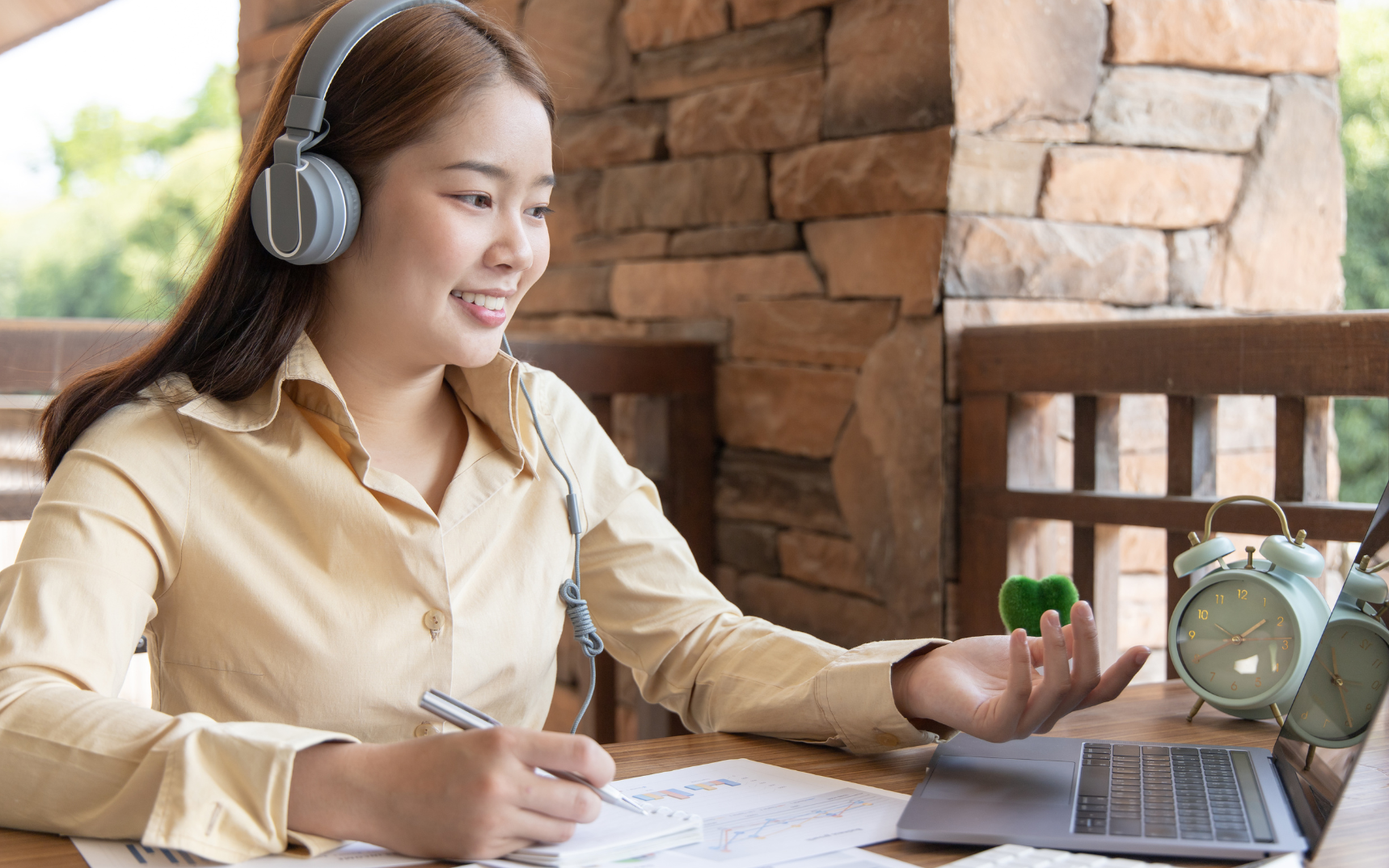Top Five Benefits of Taking your Study Outside
Everyone has a different approach to study and here at EPEC Education we encourage our students to find the system that works best for them.

Being in the study game for so long we know a lot of tricks, and we know that for many of you, studying at home results in procrastination, laying around in your Jarmies and watching lots of reality TV!! We also know that being flexible pays huge dividends in the study arena. So how can you be flexible? To start with, you can mix up your study locations to get the juices flowing. Here are 5 great tips to get you powered up.
1) Incorporate your study into your exercise routine. When you’re sweating it out at the gym, pop your headphones in and tune into a study Webinar. When you’re pounding the treadmill in your garage, log in to your Online study materials.
2) Visit your local Library. One benefit to studying at the library is that you have immediate access to computers, WIFI, journals, books, as well as food and coffee to keep the munchies at bay. Even better, there are other people studying in the library too, and this gives you a feeling of support and comradery.
3) Tap into the WIFI at your local coffee shop. For some students, the chatter of people and clanging of cups instils a sense of calm. Taking your laptop to a coffee shop and tackling a few assessment questions can make good sense. While this isn’t for everyone, don’t be fooled into thinking that you need perfect peace to study – this is a myth, and many people actually get more achieved amongst the familiarity of noise and activity.
4) Relax with your books at the Park. There is something special about nature that makes us realise we are just a small part of a larger Universe. This helps us keep things in perspective, and for some, reduces study fear and anxiety. Don’t underestimate the healing powers of getting down in the dirt!
5) Catch up on study on your commute to work. For those of you who have heavy home life commitments, the train or bus ride to work may be your only break in the traffic. If this sounds like you, crack the whip first up, and tackle some of your study problems on your early morning commute.
We each have our own unique way of effectively studying, but if you are having trouble getting motivated it is essential you give various methods a shot. Sometimes a simple change of pace and venue can give you the push you need to stay on track.
To kickstart your career, contact EPEC Education.
www.epeceducation.com.au






